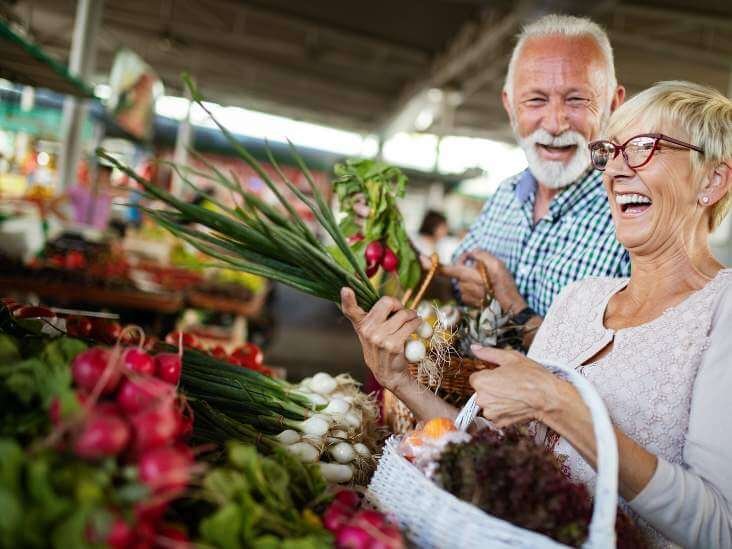Food and Drink Businesses


Here are some examples of how we can help you:
Bookkeeping
Cash-flow
Tax Services
R&D Tax Credits
VAT

Martin and Helen Cook
Contact Roake & Cook today to schedule a consultation and experience the difference a modern approach to rural accounting can make.
Building lasting relationships is at the heart of what we do.
Here are some examples of clients we have in the Food and Drink Businesses industry and some key examples of how we have helped them:

Ben, Wine Producer
Having helped Ben register his new business, we have been preparing his personal tax returns and identifying qualifying costs, particularly with regards to working from home. This has resulted in several tax refunds which have been used to grow his wine production business.
Emma, Micro herb producer and animal husbandry
Emma had purchased some land and wanted to set up a new business. Having struggled to find an accountant who understood her vision, we have helped her set-up several businesses over the past couple of years.
Having identified the right business structure to suit her business and personal goals, we provide bookkeeping, payroll, accounts and tax services across all businesses.
Emma had paid for a lot of her initial business expenses via personal accounts. We helped get business bank accounts set-up and connected to Xero, registered the business for VAT, and then identified all qualifying expenses which resulted in a material VAT refund which helped cash flow and has been reinvested into the business.
With Emma on the go, we set-up Dext to allow purchase invoices to be recorded via her phone, and Xero also allows her to review how the business is performing from her phone when away from the office.
David, Farm shop
David has run a farm shop for a number of years. He came to us for help with bookkeeping and running payroll.
We moved his books from a desktop software package, over to Xero. This has allowed us to use Dext to make the entry of purchase invoices and receipts much more efficient.
David has some customers that are invoiced on a recurring basis, so we have used Xero to set these up on automated invoices, saving time and helping cash flow by ensuring invoices are sent out on time.
The payroll was transferred from HMRC’s online tool to Brightpay. The software allows us to run the payroll efficiently and securely transmit payslips, P45s and P60s directly to employees.
